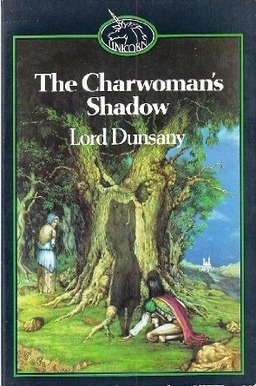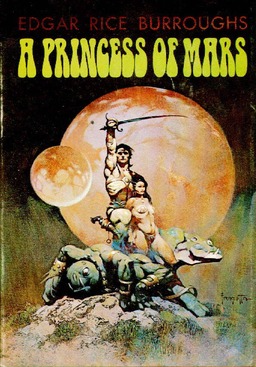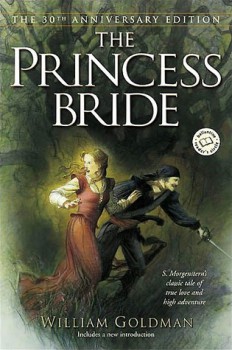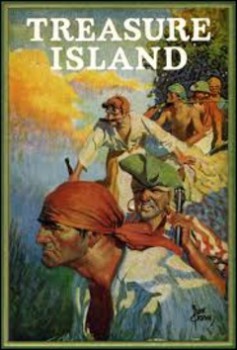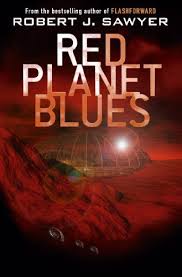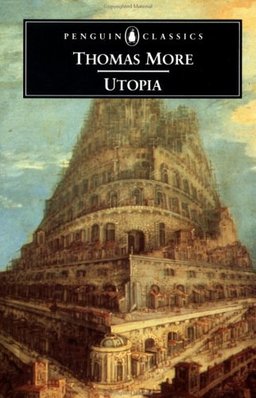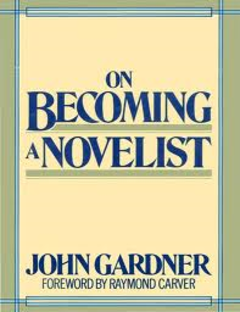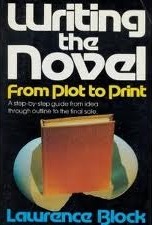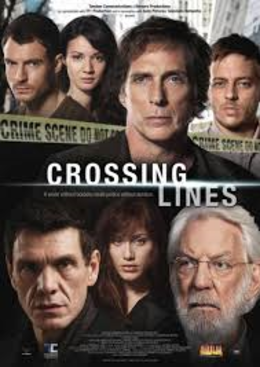Where are You When You Turn Out the Lights?
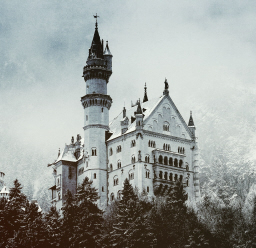 Last week I was talking about travelling, and the journey, in Fantasy, and SF. I noted that since most Fantasy uses a pre-industrial setting, journeys are generally undertaken on foot, via horses, or by (sailing) ship. However, there’s another aspect of pre-industrial living I’d like to address.
Last week I was talking about travelling, and the journey, in Fantasy, and SF. I noted that since most Fantasy uses a pre-industrial setting, journeys are generally undertaken on foot, via horses, or by (sailing) ship. However, there’s another aspect of pre-industrial living I’d like to address.
We recently had a bit of an ice storm in my area which left a lot of people without power for several days – I say a bit of one because I lived through such a storm about 15 years ago which left quite a few more people without power for several weeks. I learned many things about living without electricity which possibly have no bearing on writing fantasy novels. For example: the Amish likely didn’t notice; it stops being an adventure after the third day; it’s considerably easier to deal with if you live in the country, in a house that predates the use of electricity; people always want to borrow our Lehman’s Non-Electric Catalogue after any prolonged power failure.
And I learned and several things which do.
For one thing, the lack of electricity or other reliable power sources has an impact on where people live, and therefore where you can set your story. You may have noticed that there aren’t a huge number of stories set in the winter, or that even northern barbarians don’t hang around their homelands very much. Bad weather of any kind is generally used as a plot device, but severe conditions take too long to deal with and use up too much story-telling time – unless, as I say, “always winter but never Christmas” is actually a point in the story.
